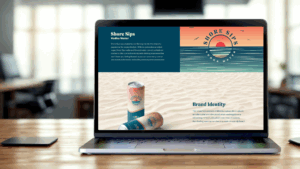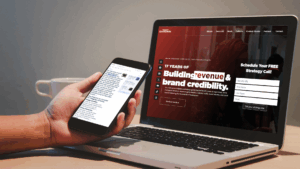The market is becoming more challenging, isn’t it? With numerous products and major companies investing heavily in advertising, it’s no surprise that small businesses find it hard to stand out. However, there’s one area where small businesses can compete against larger companies for consumer attention—online advertising. With 90% of Americans having internet access, small businesses can make their brand known to a much larger audience with less effort and even a smaller budget compared to traditional advertising methods like television and billboards.
Now, how do you get started with online advertising? We don’t want you wasting time and money figuring it out on your own, so we’re sharing proven tips to maximize your advertising budget and achieve the results you want.
Understanding Online Advertising Platforms
Before we share the top advertising tips that every small business should use, it’s important to understand where to advertise online. Let us break it down for you.
1. Social Media Platforms for Brand Awareness
Social media platforms, such as Facebook and Instagram, with their expansive reach, function as powerhouses for brand awareness. They serve as ideal platforms for pushing your brand into the digital limelight, especially targeting users who have zero idea that your business even exists or don’t know they need what you offer. This is where you generate interest to further acquaint users with your business and offerings. True to its name, “social,” social media users are naturally curious about what their friends, influencers, and famous people are doing and using.
2. Search Engines for Conversion
On the flip side, consider search engines like Google, which act as pull platforms. This is where consumers usually go to discover more about a brand or a product—where you are located, authentic photos, any related news, and, most importantly, honest reviews from users. As a consumer yourself, you want to make sure that what you’re buying is of high quality or has the best service and the best price. This is where small businesses have the best chance of converting a lead into a sale. This is why building expertise and authority on your website is important; it helps your page rank higher in search results.

Advertising Tips for Small Businesses
We hate to break it to you, but the best strategy is still to allocate budget to both platforms. Why? Typically, you’d want to funnel in your leads and guide them through the customer journey, especially if you are a new small business or launching a new product or service. But we understand you, so here are a few tips to effectively utilize your marketing spend.
1. Identify Your Goal. It all begins with clarifying your objectives and being as specific as possible about how you intend to measure them. Awareness can be gauged through metrics like reach, impressions, or click-through rates. For conversions, you might measure actual sales or actions leading up to a purchase, such as calls, messages, or sign-ups. Understanding your goals will help determine where to allocate your budget most effectively.
2. Strategic Budget Allocation: Once you’ve identified your goal, it’s time to allocate your budget strategically. If your aim is awareness, consider channeling your entire budget towards it, possibly focusing on platforms like Meta. Alternatively, you could allocate the majority to awareness and a smaller portion to conversion efforts. As you achieve awareness and shift focus to conversion, you can reallocate your budget accordingly with more focus on Google or Bing.
3. Take Control of Audience Targeting: Ensuring precise audience targeting is crucial to optimizing your budget effectively. While AI has simplified audience selection, setting your own parameters yields superior results. Take control by defining specific criteria—consider the zip codes of your target audience or tailor ad copy and graphics based on age groups. This approach ensures that your messaging resonates precisely with the audience you aim to reach
4. Craft Relatable Ad Copy and Creatives: Authenticity is undoubtedly crucial, but the key to capturing audience attention lies in relatability. Identify the pain points and the underlying motivations of your target audience and bring that out in the copy and creatives. Remember to add a touch of emotion—whether it’s humor or a heartfelt moment because the more relatable your ad content, the better it will perform.
5. Explore Integrated Online Campaign: For small businesses, especially those introducing new products or entering the market, an integrated approach involving influencers and PR can be highly effective. This multifaceted strategy amplifies reach and establishes credibility, providing a holistic boost to advertising efforts.

The digital landscape, including online advertising, is constantly changing and it’s important to stay ahead. As a fellow small business, we completely understand the overwhelming feeling that comes with it, and we’re here to lend a helping hand. These advertising tips for small businesses will set your online ads for success but should you need more assistance, our team of experts is ready to be your dedicated marketing arm. You can choose to be as hands-on or hands-off as you prefer – either way, we’re committed to delivering results. Let’s kick things off with a free strategy session. Your success journey starts here!













